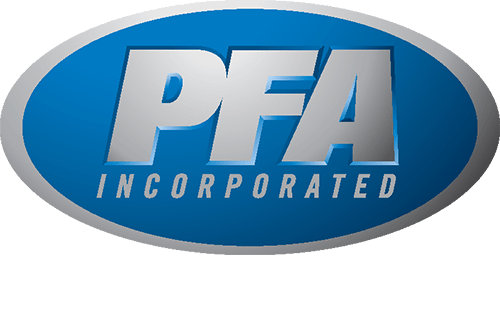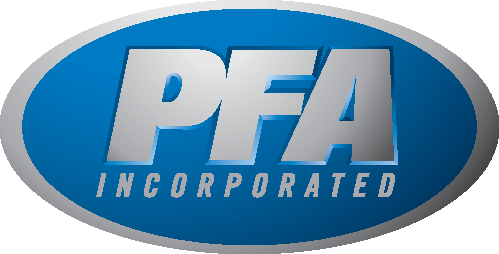While there is no denying that plastic injection molding has positively impacted a variety of different industries, the recent coronavirus pandemic has led many manufacturers to determine how their services may impact the medical industry or other associated industries in times of need. Modern medical-grade plastic injection molding can be used to create medical devices, laboratory equipment, unique components for larger systems and much more. However, it is the unique benefits that come with the injection molding process that may further improve the impact this manufacturing process has on future developments in the medical industry.
Many medical suppliers have turned to plastic injection molding in recent years to create a variety of products that maintain the specific quality and specifications needed while remaining cost-effective and efficient. In many cases, plastic injection molding can be applied to any segment of the medical industry where durable, sterilization-friendly parts may be needed in high volumes with short production time. But what key benefits can be achieved when medical suppliers work with plastic injection molding manufacturers and how might they play a crucial role in delivering more comprehensive care for patients in need?
Medical Plastic Injection Molding Considerations
Since the creation of medical devices takes an extreme level of detail and even higher stakes when a failure occurs, several considerations must be considered during the design, planning and manufacturing processes. This will not only ensure the best finished product possible for medical professionals and their patients but will also ensure safety is always paramount. Some considerations that should be kept in mind when determining if a medical device is a good fit for plastic injection molding include:
- ISO Certification – For most medical devices, ISO certification is critical because of the regulations that have been put in place for the medical industry. For this reason, a good partner for plastic injection molding will need ISO 13485:2003 certifications at a minimum for most products. However, ISO 10993 may also be required for product-specific standards.
- Sterilization – All medical components are required to be constructed of materials that can be sterilized whether the products are interacting directly with the human body or are a small component housed in a much larger piece of equipment. Materials need to resist contamination and be sterilizable to prevent harm.
- Durability – Materials that break easily are rarely practical in the medical industry because it can cause not only an inconvenience but also danger for patients. If considering plastic injection molding for medical devices, ensure the materials selected are always breakage and shatter-resistant to ensure safe use.
- FDA Approved – For medical components, FDA regulations play a large role in determining which materials are suitable for use. As previously mentioned, the components must be able to be sterilized and cleaned to ensure they pass an FDA audit or other regulatory requirements for medical-grade approval.
With these considerations in mind, medical suppliers should have a good idea of what to look for when choosing a plastic injection molding manufacturer for their products or components. Carefully review these considerations with potential manufacturers before beginning a production run to ensure no problems occur later in the process. Failure to do so may result in a stockpile of waste components that are not suited for medical use.
Medical Plastic Injection Material Selections
With the above considerations in mind, it is important to understand which material choices might be the best fit for medical-grade devices or components. In many cases, plastics offer a variety of benefits that may not be available with other material types include design flexibility, production speeds and cost-effectiveness. Some of the following materials that medical suppliers should consider when planning their upcoming products include:
- Polyethylene – Due to its high molecular weight, polyethylene is often suited for prosthetics or other devices that may be worn. This material is widely used for these applications because it is durable and can be manufactured with relative smoothness while remaining affordable and durable, although it cannot be sterilized with an autoclave.
- Silicone – Any components or medical devices that require flexibility will often benefit from the use of silicone. Not only does this material provide biocompatibility but it also provides great durability. Also, silicone is affordable when high-production runs are required.
- Polypropylene – For devices or components that need to be sterilized with an autoclave, polypropylene is a great option because it is heat-resistant. As an added benefit, polypropylene also has natural radiation resistance that may be useful in some medical devices.
- Polycarbonate – One of the strongest materials available for plastic injection molding, polycarbonate offers high vibration and impact resistance. In addition to these key features, polycarbonate is also UV and heat resistant although it can be used to create virtually transparent products.
With the tips outline in this article in mind, both medical suppliers and plastic injection molding manufacturers that serve them should have a good idea of what is required for a successful production run. The enhanced processing window available when using high preload KOR-LOK Hydraulic Locking Cylinders and high speed SMED Quick Mold Change options available with PFA’s Hydra-Jaws™ QMC systems for aluminum and steel molds, can greatly enhance any process. Any manufacturers that have questions about the products or services provided by PFA, Inc. and the unique ways they can improve the plastic injection molding process for medical products should visit our product pages and other articles on medical molding featured in Moldmaking Technology Magazine. For immediate assistance reach out on our contact us page or call now to learn how PFA, Inc. can help. As a trusted provider for many of the leading manufacturers in the world, we are confident that we will have the solutions needed to improve your existing processes or help you cut unnecessary costs.


